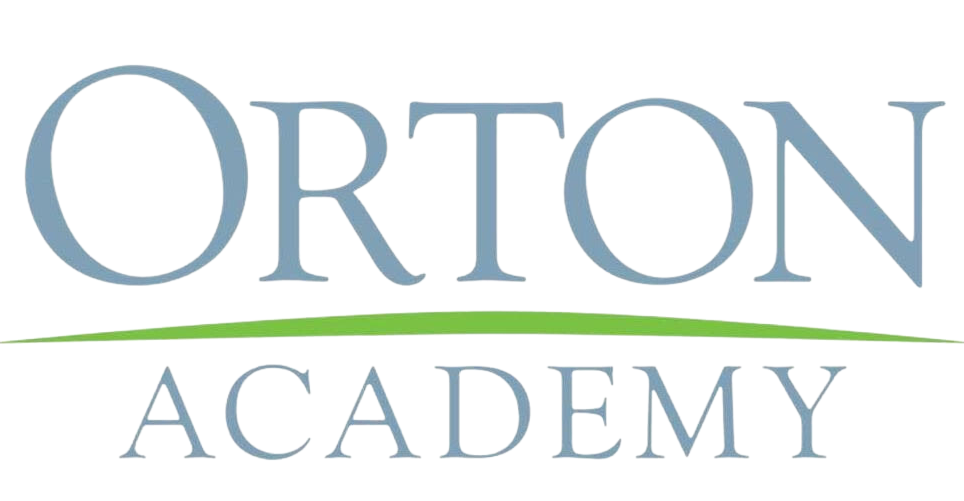Does your student have a profile for dyslexia?
Untreated dyslexia can manifest in a variety of behaviors in students, including:
- Difficulty with reading: Students with dyslexia may struggle with reading fluency and comprehension, leading to avoidance of reading tasks and assignments.
- Poor spelling and writing skills: Dyslexia can affect a student's ability to recognize and spell words, leading to difficulty with writing and written expression.
- Poor memory skills: Students with dyslexia may struggle with short-term memory, which can make it challenging to remember and follow directions, keep track of assignments, and complete tasks in a timely manner.
- Poor organizational skills: Dyslexia can make it challenging to plan and organize ideas, leading to disorganized work and difficulty prioritizing tasks.
- Low self-esteem and frustration: Students with dyslexia may become frustrated and experience low self-esteem due to their struggles with reading, writing, and spelling, leading to a lack of confidence in academic settings.
- Behavioral issues: Students with dyslexia may act out in frustration or become disengaged in the classroom due to their struggles, leading to behavior issues such as acting out or being unresponsive in class.
It's important to note that untreated dyslexia can have a significant impact on a student's academic and social-emotional well-being. Early intervention and support can make a significant difference in a student's ability to succeed in school and in life.







